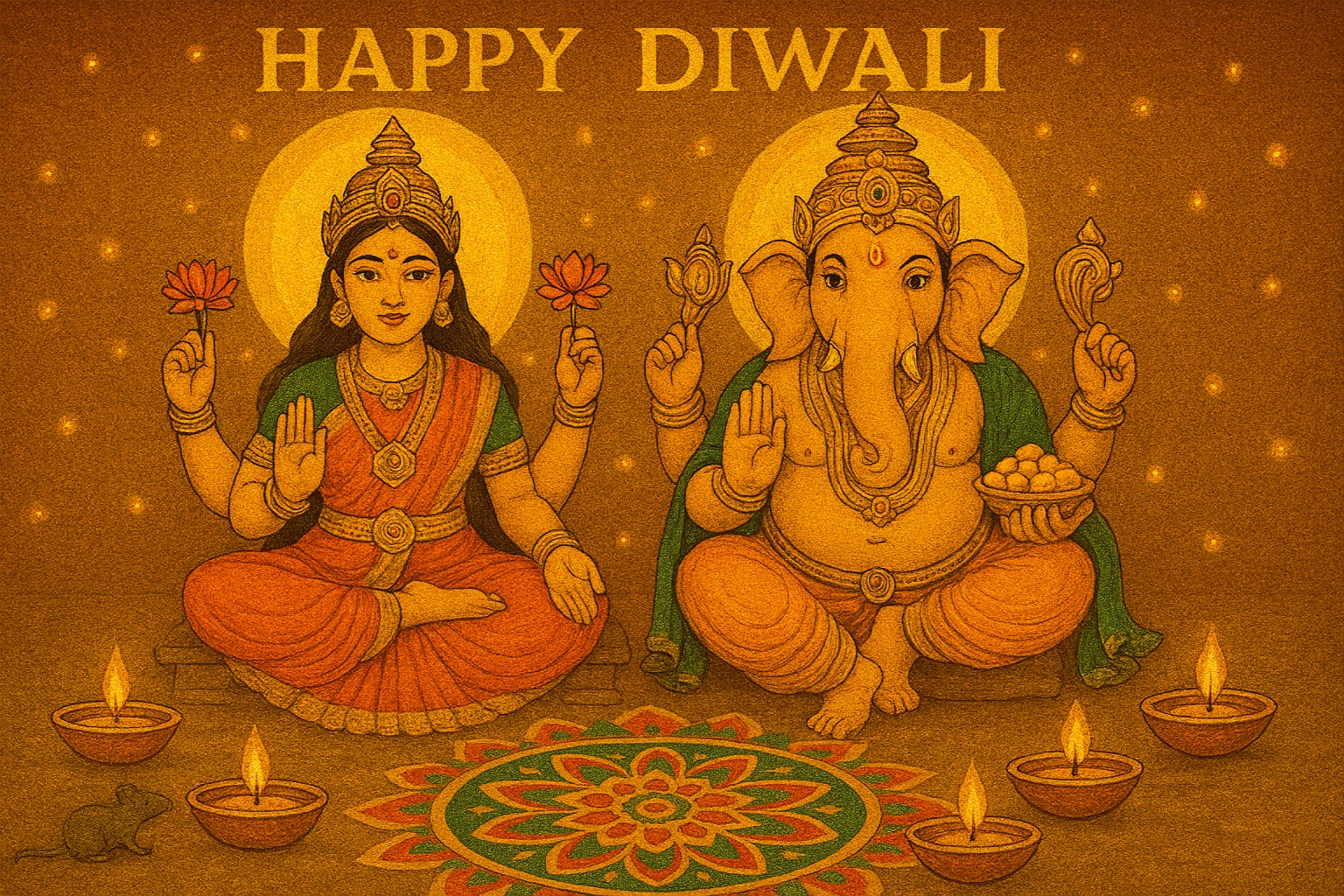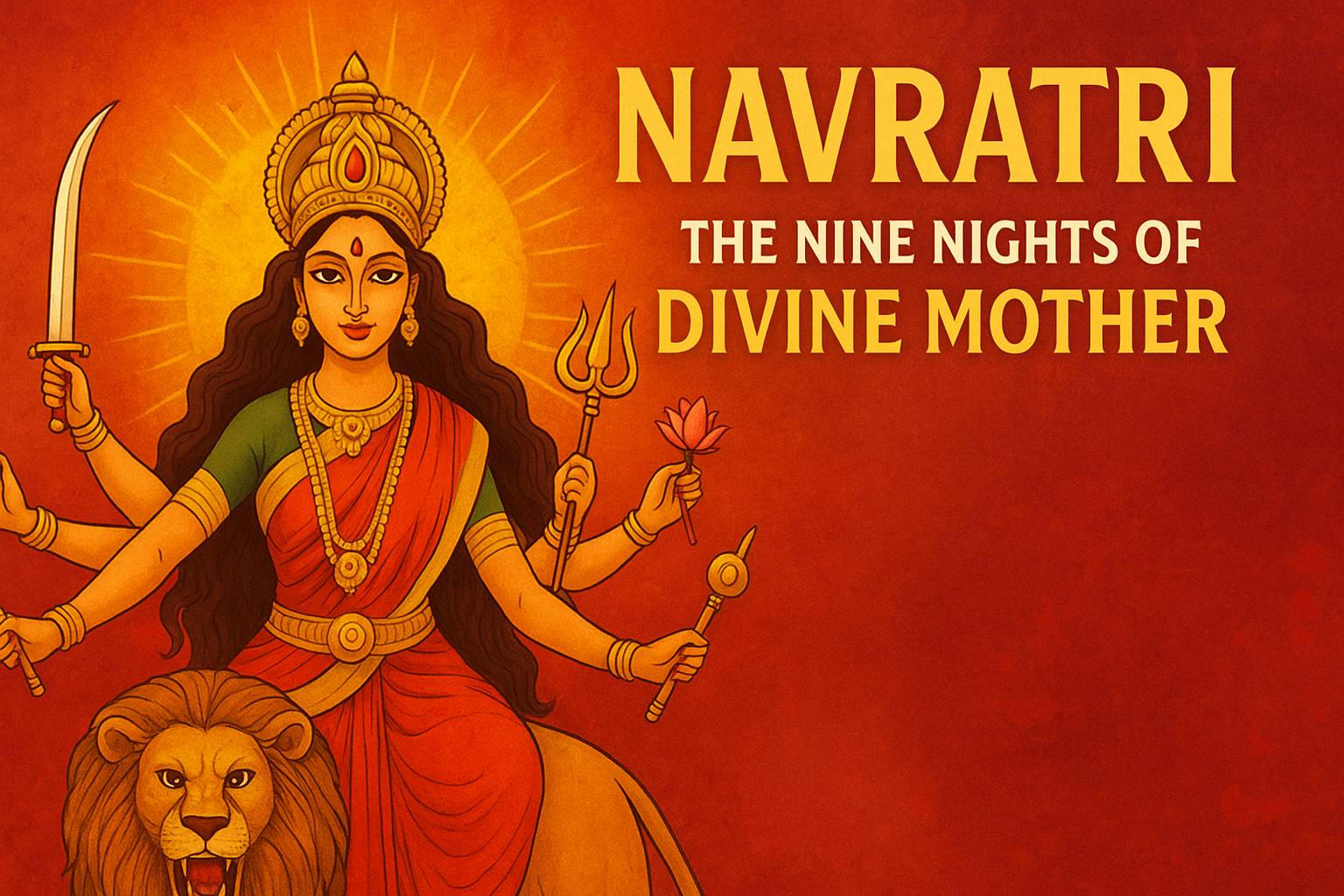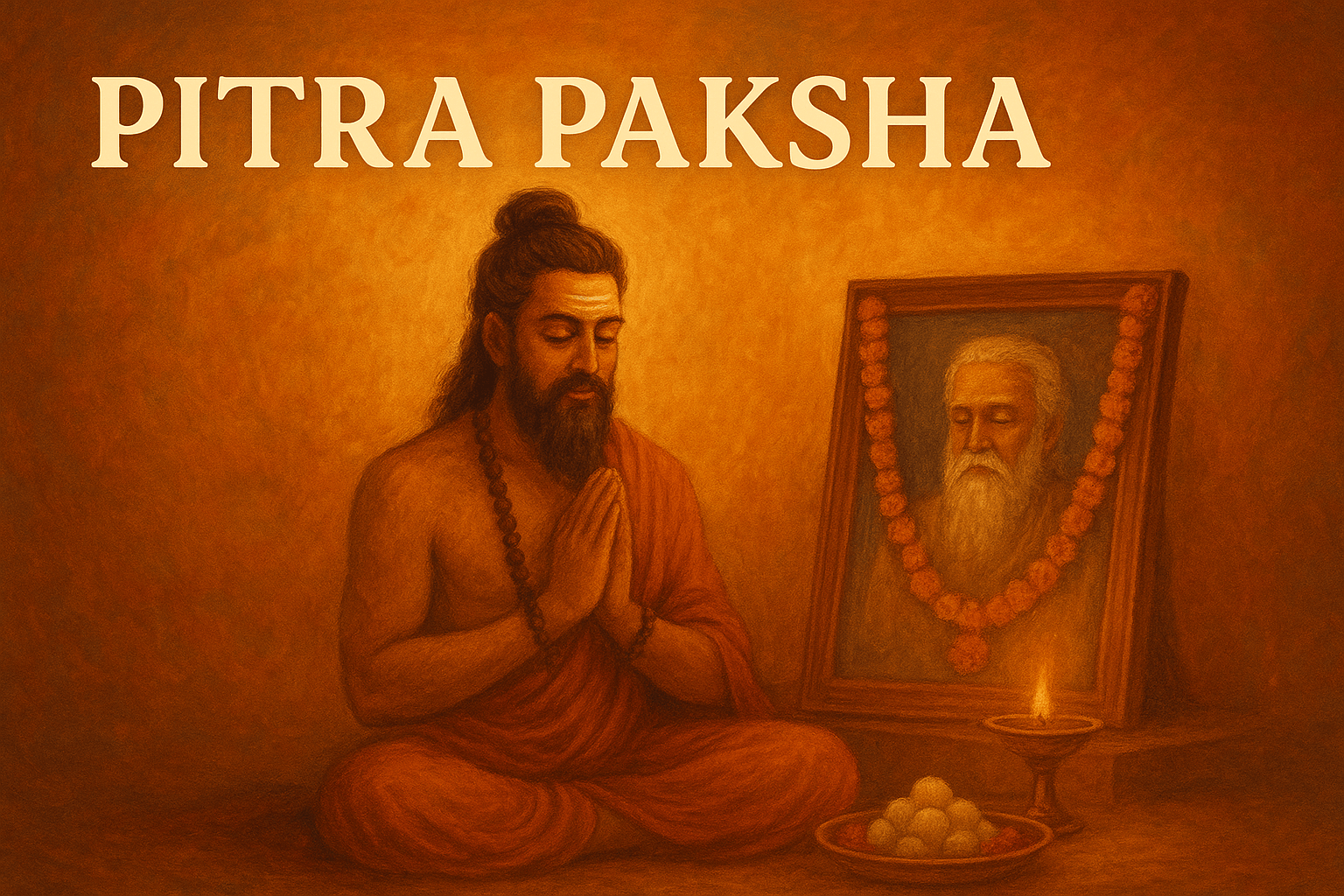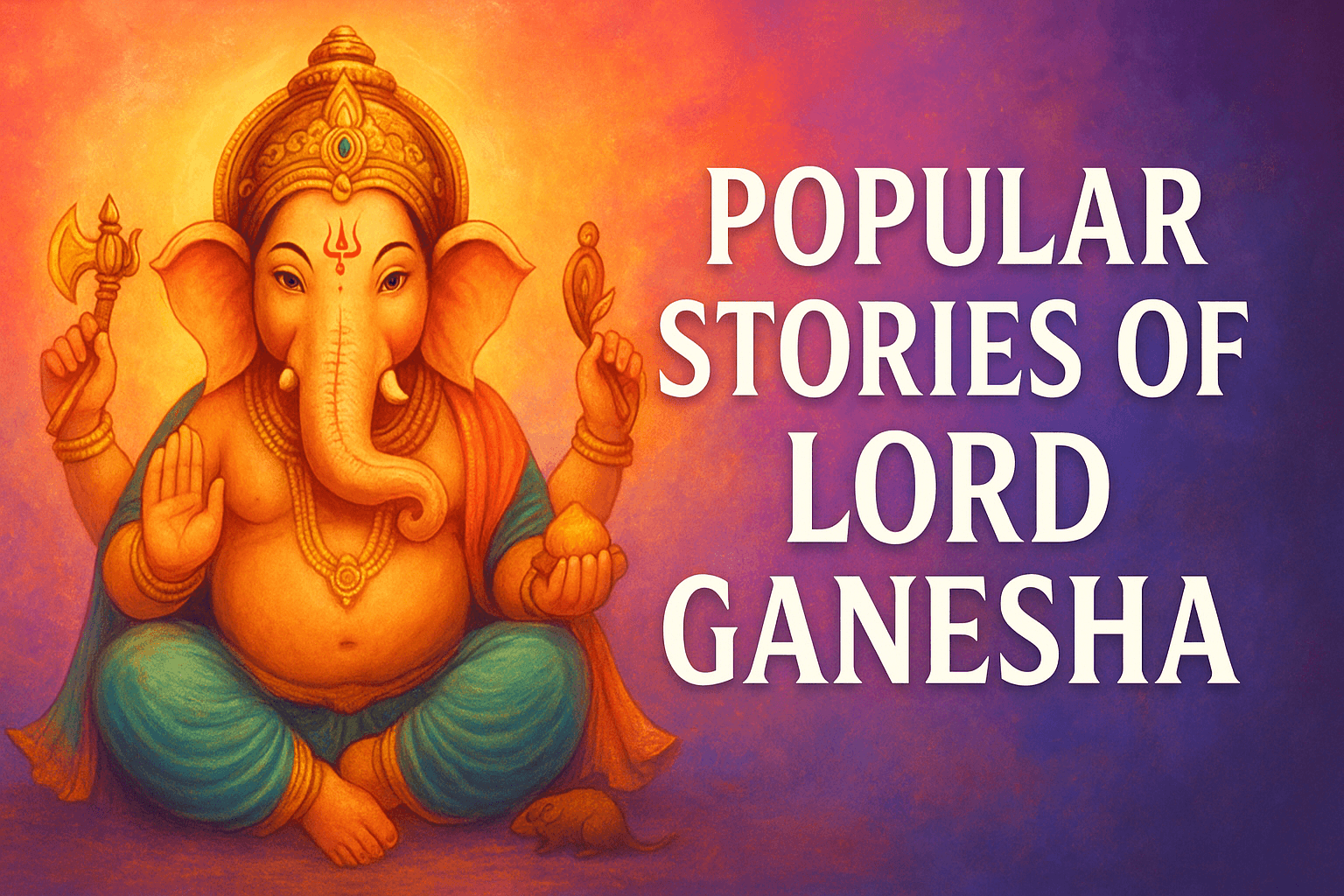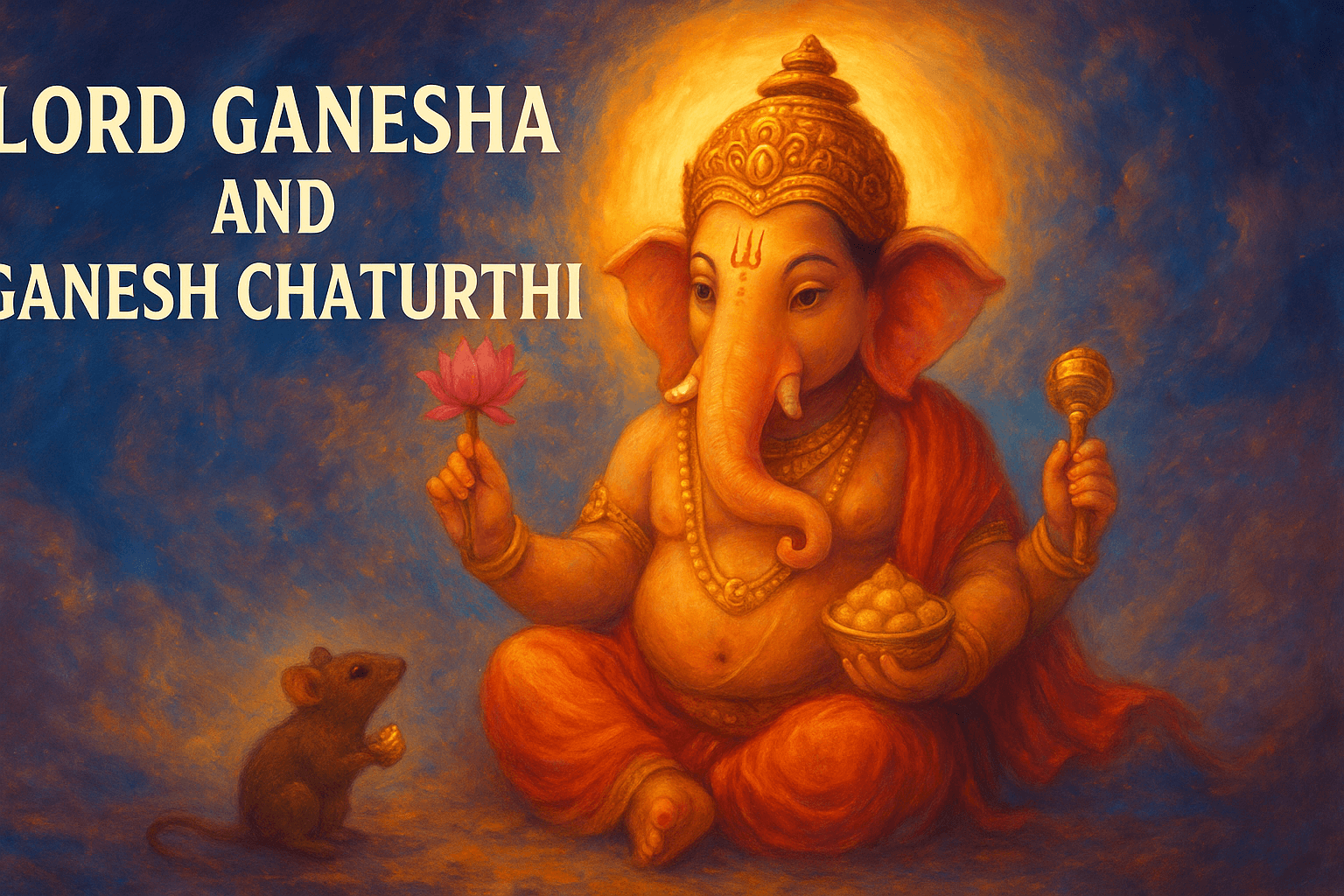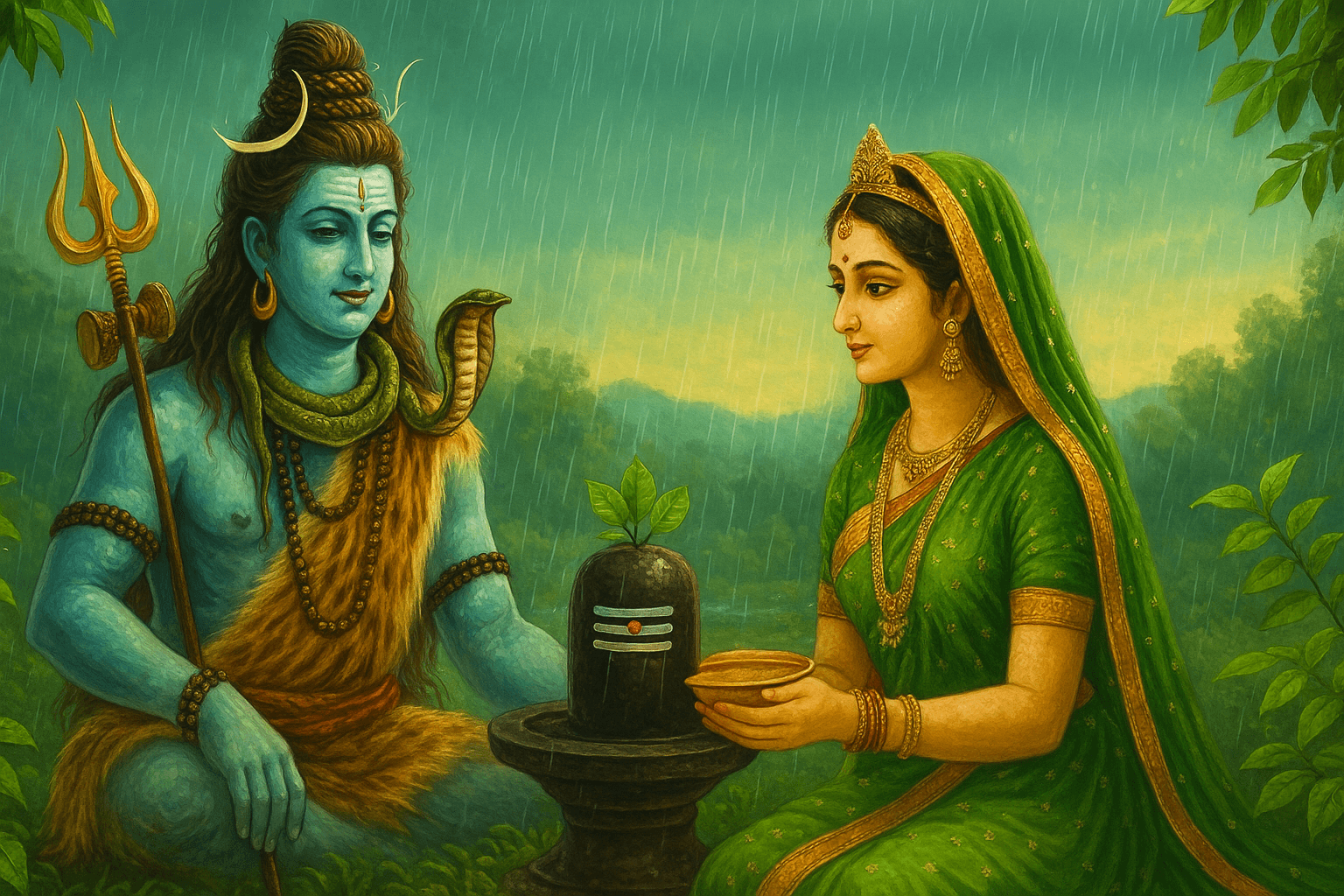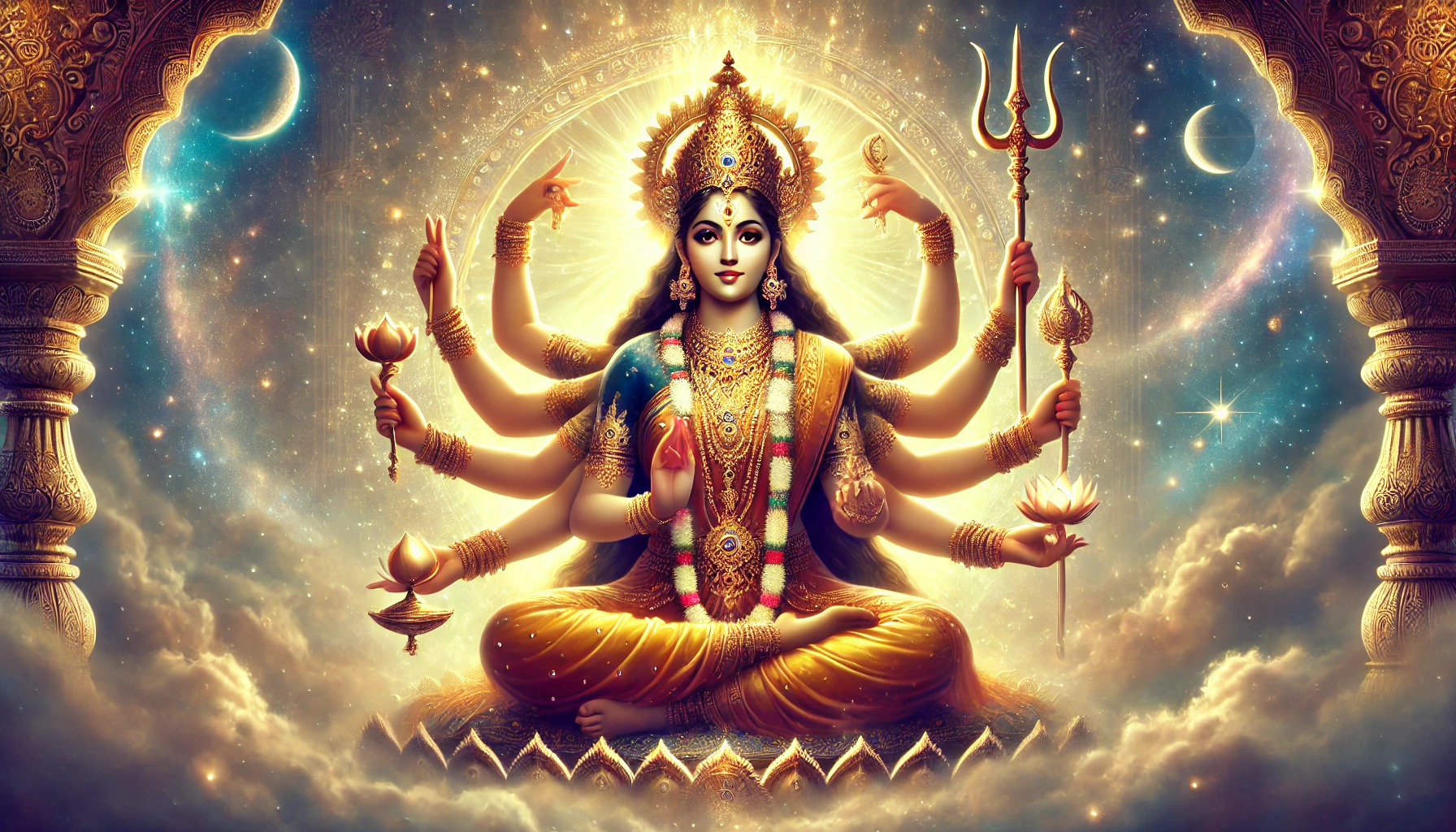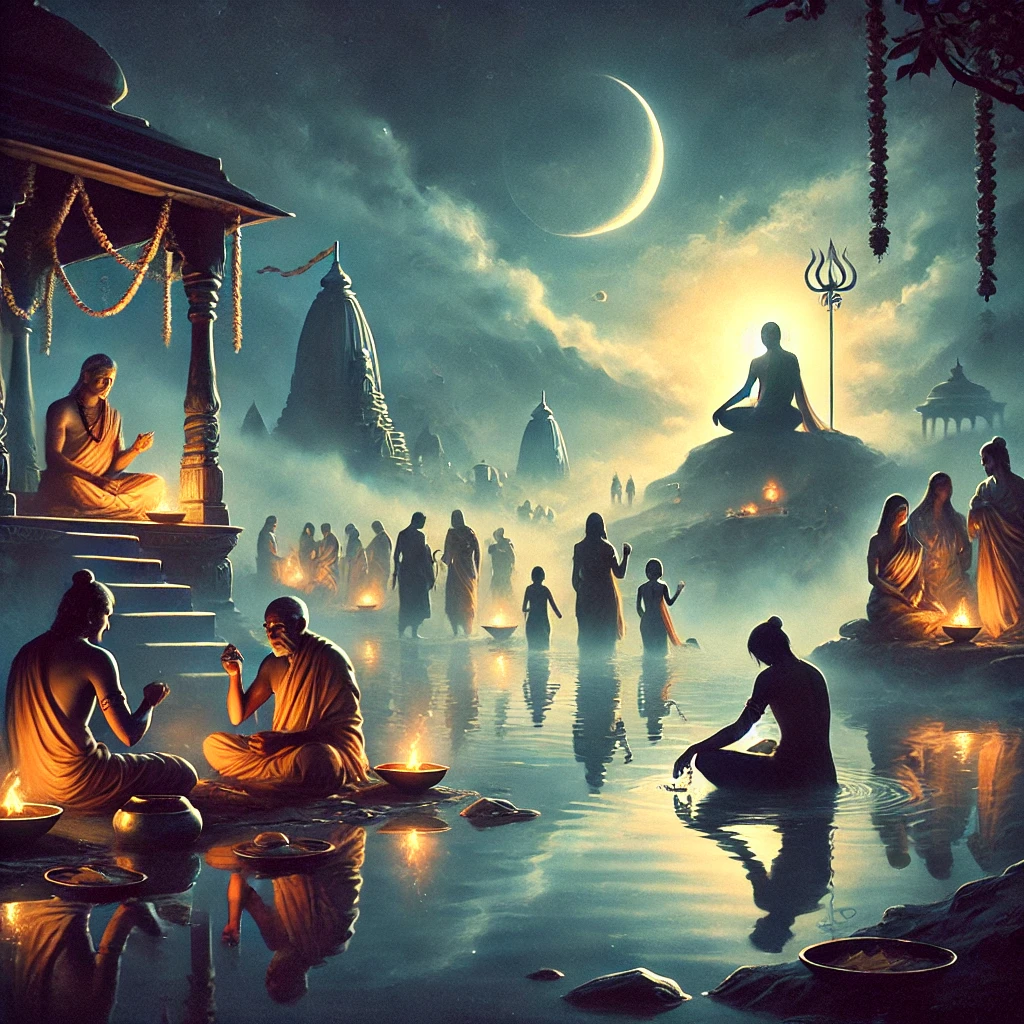All About Mantra
Understanding Meaning, Types, and Traditional Classifications The Sanskrit word मन्त्र (Mantra) is formed from: So, a Mantra is “that which protects or frees the mind.” Mantras are sacred sound vibrations chanted to calm the mind, elevate consciousness, and awaken inner energy. When repeated with faith (श्रद्धा) and awareness, they influence both the mind and subtle


